PERPHENAZINE - ORAL
PHONETIC PRONUNCIATION: (per-FEN-a-zeen)
COMMON BRAND NAME(S): Trilafon
GENERIC NAME(S): perphenazine
Uses
USES: This medication is used to treat certain mental/mood disorders (e.g., schizophrenia, manic phase of bipolar disorder, schizoaffective disorder). This medicine helps you to think more clearly, feel less nervous, and take part in everyday life. It can reduce aggressive behavior and the desire to hurt yourself/others. It may also help to decrease hallucinations (e.g., hearing/seeing things that are not there). Perphenazine is a psychiatric medication (antipsychotic-type) that works by helping to restore the balance of certain natural substances (e.g., dopamine) in the brain.
How to use PERPHENAZINE - ORAL
HOW TO USE: Take this medication by mouth, usually 1-3 times a day with or without food or as directed by your doctor. Dosage is based on your medical condition and response to therapy. Your doctor may direct you to take a low dose at first, gradually increasing the dose to lower the chance of side effects such as muscle spasms. Follow your doctor's directions carefully. When you begin treatment, frequent visits to your doctor may be needed to find the best dose for you. Keep all medical/lab appointments. Take this medication regularly to get the most benefit from it. To help you remember, take it at the same time(s) each day. Although you may notice some medication effects soon after starting, it may take as much as 4-6 weeks of regular use to see the full benefit. Do not stop taking this medication without consulting your doctor. Your condition may become worse when the drug is suddenly stopped. Your dose may need to be gradually decreased. Tell your doctor if your condition does not improve or if it worsens.
Side Effects
Precautions
Interactions
Overdose
Images
Reviews
Faq for PERPHENAZINE - ORAL
Perphenazine is an oral antipsychotic medication used to treat symptoms of certain mental or mood disorders, particularly schizophrenia.
Perphenazine works by blocking the action of dopamine in the brain, which helps to reduce symptoms of psychosis and control abnormal behavior and thoughts.
Common side effects of Perphenazine may include drowsiness, dizziness, restlessness, blurred vision, dry mouth, constipation, or weight gain. It may also cause movement disorders such as muscle stiffness, tremors, or uncontrollable muscle movements.
No, Perphenazine is not considered to be addictive.
It may take several weeks for Perphenazine to fully take effect. However, some patients may start to experience relief from symptoms within a few days.
If you miss a dose of Perphenazine, take it as soon as you remember. However, if it is close to the time for your next dose, skip the missed dose and continue with your regular dosing schedule. Do not double the dose to make up for a missed one.
It is generally recommended to avoid alcohol while taking Perphenazine as it may increase the risk of side effects such as drowsiness or dizziness.
Perphenazine should be used during pregnancy only if clearly needed, as it may cause harm to the unborn baby. It is also excreted in breast milk, so it is not recommended for breastfeeding mothers.
Perphenazine should be stored at room temperature, away from light, moisture, and heat. It should be kept out of the reach of children.
Warning
WARNING: There may be a slightly increased risk of serious, possibly fatal side effects (such as heart failure, fast/irregular heartbeat, pneumonia) when this medication is used by older adults with dementia. This medication is not approved for the treatment of dementia-related behavior problems. Discuss the risks and benefits of this medication, as well as other effective and possibly safer treatments for dementia-related behavior problems, with the doctor.
Disclaimer
IMPORTANT: HOW TO USE THIS INFORMATION: This is a summary and does NOT have all possible information about this product. This information does not assure that this product is safe, effective, or appropriate for you. This information is not individual medical advice and does not substitute for the advice of your health care professional. Always ask your health care professional for complete information about this product and your specific health needs.

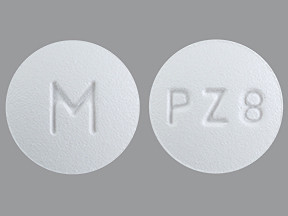
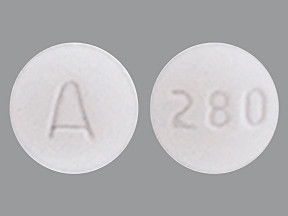
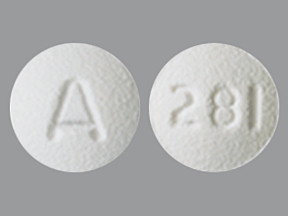
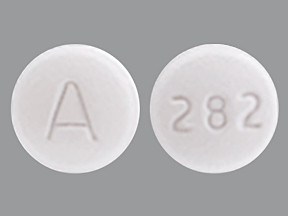
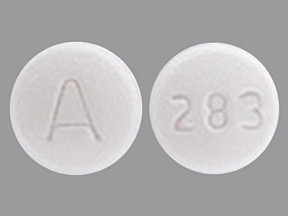
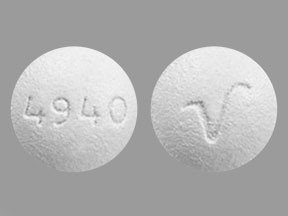
No Reviews Yet